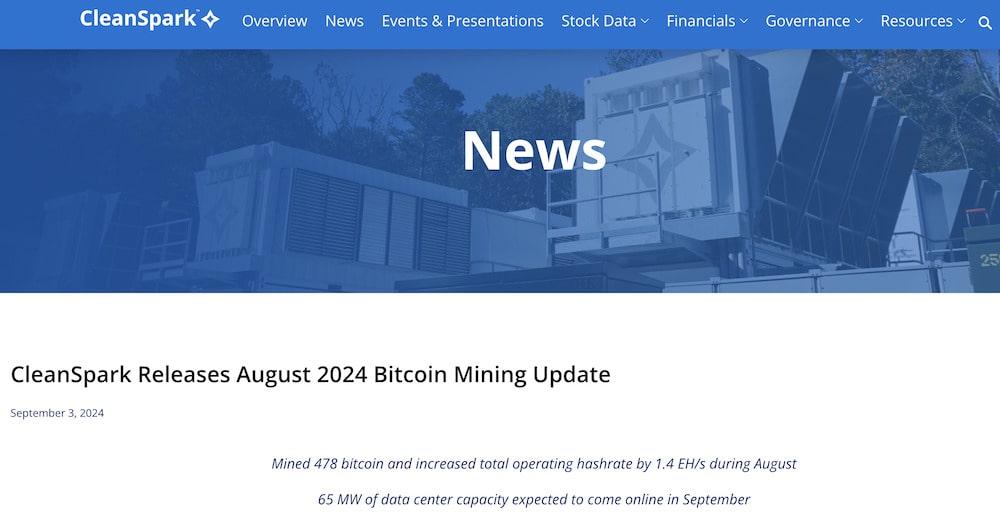
Key Takeaways
- Arthur Hayes argues Fed rate cuts aren't helping Bitcoin due to RRPs.
- Reverse repos offer 5.3% interest, drawing funds away from riskier assets.
- This shift in capital is limiting the liquidity available for Bitcoin investment.
Arthur Hayes, former CEO of BitMEX, has offered his insights on why recent U.S. Federal Reserve interest rate cuts have failed to significantly boost Bitcoin prices. In a post on X (formerly Twitter) on September 2, Hayes noted that despite Federal Reserve Chair Jerome Powell hinting at a rate cut during his Jackson Hole speech on August 23, Bitcoin prices have struggled, dropping 10% after an initial spike.
Hayes attributes this trend to the flow of funds into reverse repurchase agreements (RRPs), which are currently offering a 5.3% interest rate. This is higher than the 4.38% yield on Treasury bills, prompting large money market funds to shift their cash from Treasury bills to RRPs. This shift reduces the liquidity available for riskier assets like Bitcoin.
An X account named “ELI5 of TLDR” explained that the RRP program acts as a “parking lot” for big banks and money managers, offering them a higher return on their cash. As a result, less capital is flowing into the broader economy, limiting the expected positive impact of lower interest rates on Bitcoin.
Hayes emphasized that this development challenges the belief that lower interest rates automatically benefit high-risk assets like Bitcoin by making safer investments less attractive.




